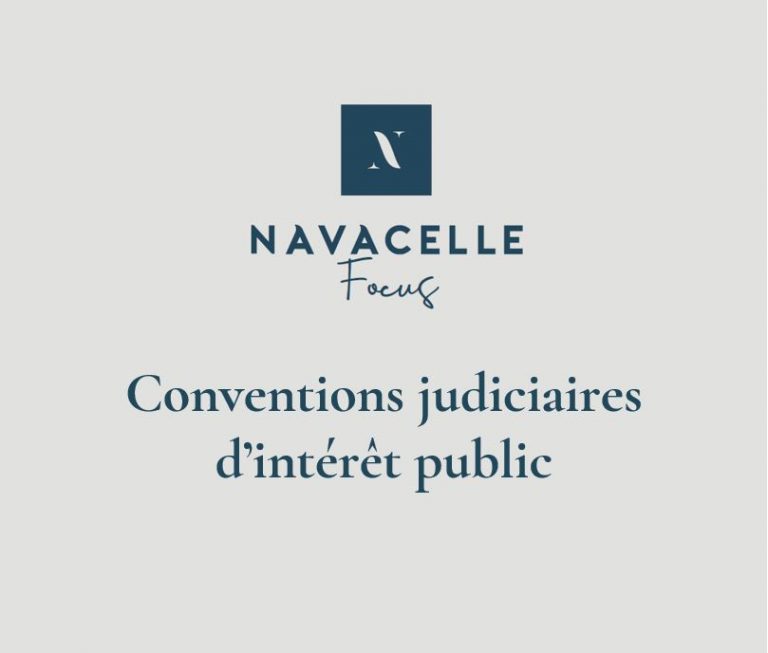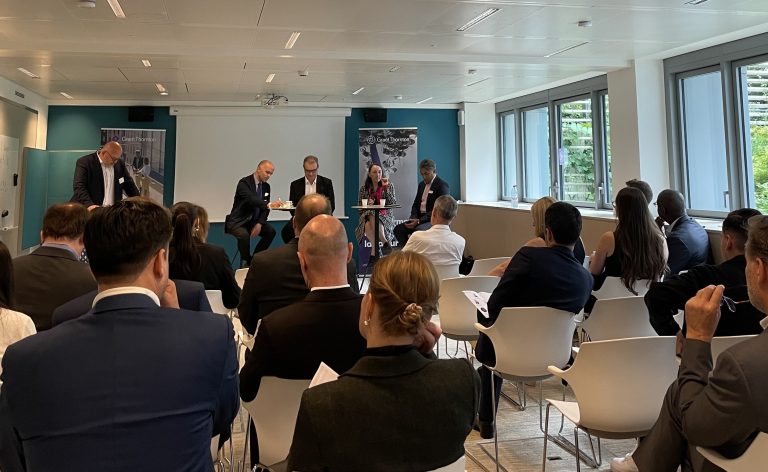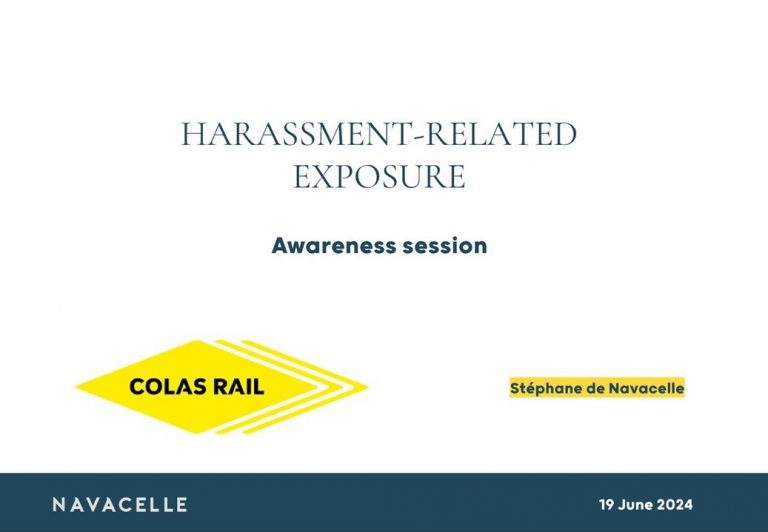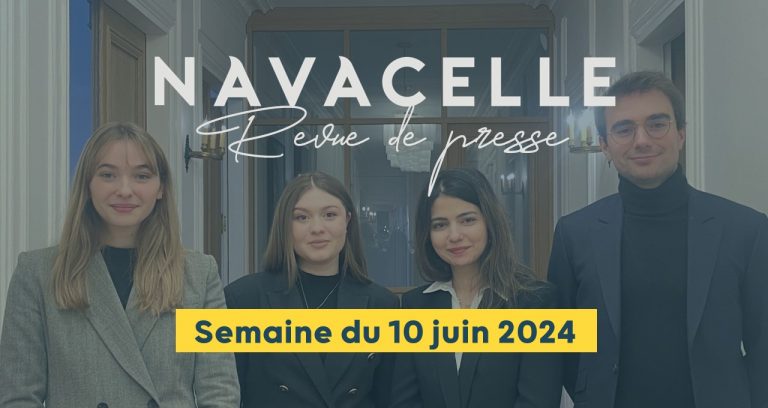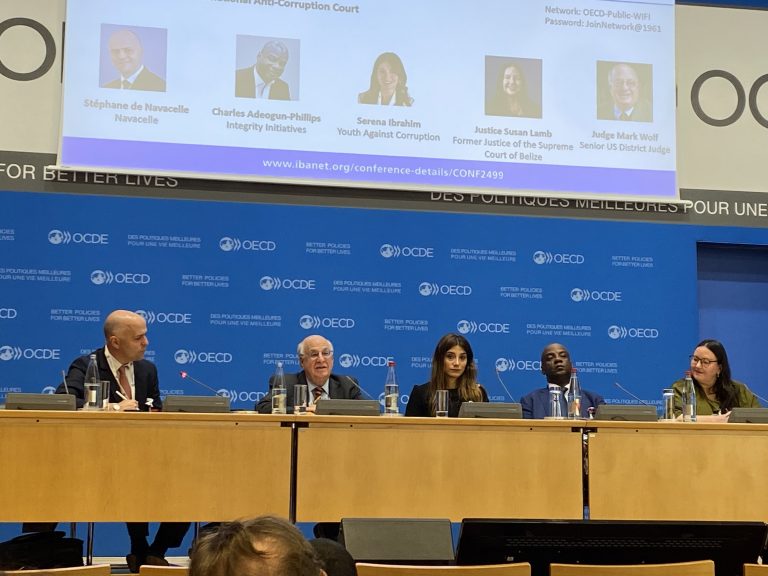Corruption is a global plague whose economic (e.g., total amount of kickbacks of several trillion dollars each year or illegal distortion of competition), social (e.g., reduction of the effectiveness of public policies or disruption of the optimal allocation of funds), political (e.g., loss of confidence of citizens in institutions and representatives of the State) and security (e.g., development of organized crime) costs are considerable and endanger democratic societies and the Rule of Law[i].
To eradicate corruption, or at least to reduce its effects, it is necessary that all countries in the world act together to fight against such a phenomenon. France is particularly committed to the fight against corruption in recent years. It has ratified several international conventions[ii] and has developed legal instruments to create a specific and effective system for fighting corruption (new incriminations, authorities, procedures, and means of investigation)[iii].
Recently, while the Group of States against Corruption (GRECO) pointed out some deficiencies in the French system in its latest evaluation report on France[iv], the French Anti-Corruption Agency (AFA) issued its National Multi-Year Plan to Fight Corruption 2020-2022[v] and, a few months later, the Minister of Justice adopted a Circular on Criminal Policy in the Fight against International Corruption for the attention of French magistrates[vi].
While it is now up to the OECD to evaluate the implementation of the OECD Anti-Bribery Convention in France (a report is expected in December 2021), French institutional actors involved in international cooperation and in the fight against corruption have published a Report on France’s Anti-Bribery Strategy in its Cooperation Action 2021-2030[vii].
This report aims at ensuring the overall coherence of actions undertaken internationally by French actors in the field of anti-corruption cooperation, cooperation being understood as technical cooperation activities carried out by France abroad and those carried out in the framework of its official development assistance policy[viii].
Its overall objective is to contribute to the reduction of corruption in the partner countries of French cooperation. To do so, the report focuses on three areas of intervention, each one linked to specific objectives: reinforcing the French approach to combating corruption, promoting anti-corruption and better governance in international cooperation, and supporting the work of international organizations, non-state actors and local institutions[ix]. To achieve these objectives, specific actions must be implemented with precise targets within a determined time frame[x].
In concrete terms, France aims at reinforcing the effectiveness of French cooperation concerning anti-corruption and wishes to limit the risk that the work of French actors fuel corruption. To do so, France will adopt a flexible approach that will enable it to be proactive if a change of context in a partner country creates an opportunity to combat corruption. It also will take local political will and the political economy (understood here to mean the benefit to the members of a political system) into account more systematically, to guide the selection, development, and implementation of anti-corruption cooperation projects that it funds[xi]. In this regard, it is expected that 60% of anti-corruption project documents will contain a paragraph on political will and political economy by the end of 2030[xii].
France aims at promoting transparency and accountability in the public sector, by advocating for a stronger culture of internal audit and risk management[xiii]. It also aims at reinforcing France’s cooperation in priority areas to combat corruption particularly regarding the protection of whistleblowers, transparency in the extractive industries, public-private partnerships, and public procurement[xiv]. France also plans to encourage law enforcement cooperation with a view to raising the competency level of the actors dedicated to combating corruption, by working with countries that wish to reinforce their investigative procedures and judiciary with regard to economic and financial crime (specialized police and prosecution units). These activities will draw especially on the work of Expertise France and Civipol, the technical international cooperation agency at the French Ministry for the Interior[xv].
Finally, France plans to reinforce collaboration with international organizations, multilateral banks, and regional development banks by signing cooperation agreements to facilitate joint investigations and the sharing of information[xvi]. It also wishes to reinforce its collaboration with non-state actors and support projects that reinforce Supreme Audit Institutions[xvii].
An overall evaluation of the implementation of the strategy is planned for 2026 and 2030, and two bodies have been created to carry out annual technic and strategic monitoring[xviii]. All evaluations and periodic reports will be published, which will make it possible to assess France’s improvements in its actions regarding fight against international corruption as early as next year.


